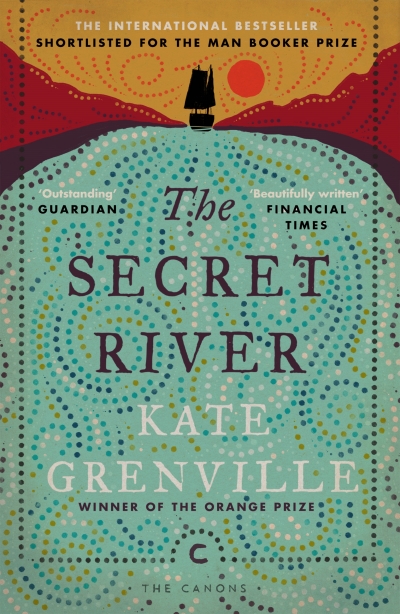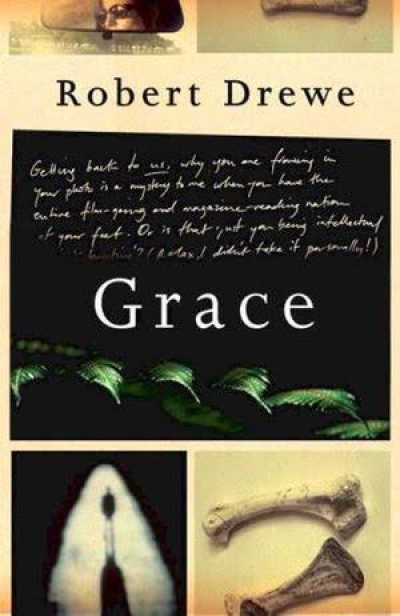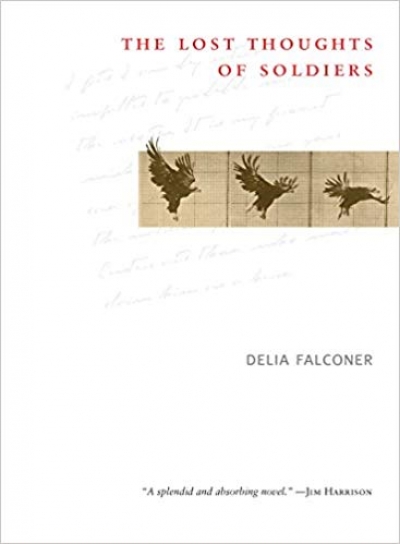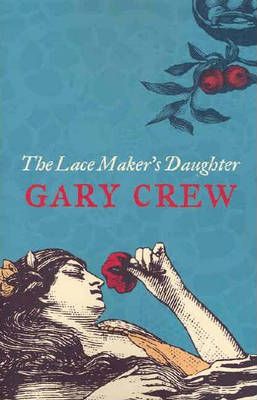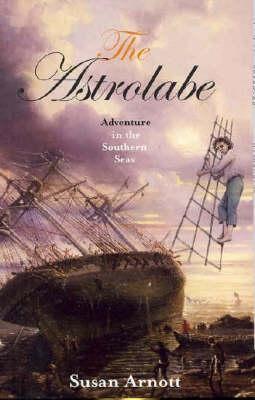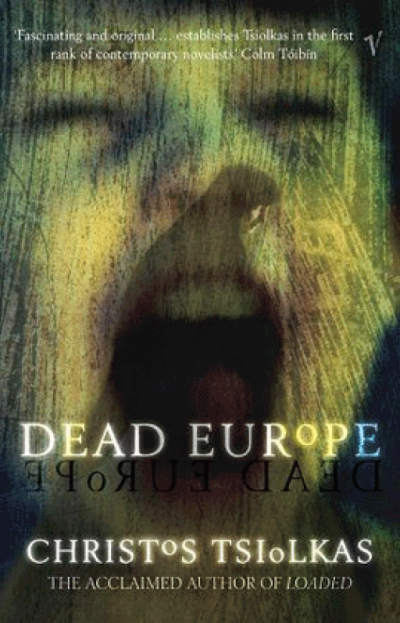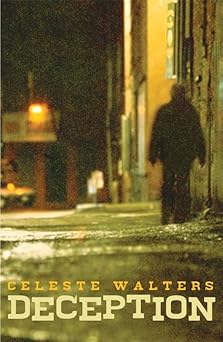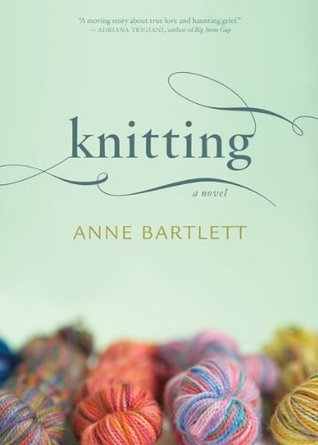Fiction
Kate Grenville is a brave woman. For some years now, the representation of Aboriginal people by white writers has been hedged about by a thicket of postcolonial anxieties, profoundly problematic and important but too often manifested as hostile, holier-than-thou critique, indulging, at its most inept ..
... (read more)The scope of this novel could hardly be more ambitious. It ranges from the landing ten thousand years ago of prehistoric men in primitive rafts on the shores of what would one day be known as the Kimberley, to the apparition of a young asylum seeker off a leaky, sinking boat in roughly the same locality during the present inhospitable times. In other words, it meets the challenge of major issues both immemorial and contemporary.
... (read more)It is eight years since Delia Falconer published her successful début novel, The Service of Clouds. Eight years is a long time. It took James Joyce eight years to write Ulysses (1922). Eight years is one year longer than Joseph Heller laboured over Catch-22 (1961) and about six years longer than it took George Eliot to knock out Middlemarch (1871-72).
... (read more)The Lace Maker's Daughter by Gary Crew & The Never Boys by Scott Monk
Families are curious entities. They are, by simple definition, households of individuals bound by common lineage. But they are also complex organisms, as these three novels show. Families nurture the individual and offer a refuge from the problems of the larger world, yet they can also impede the growth of their youngest members, who seek their own place in the world and attempt to shape their own responses to it.
... (read more)The Astrolabe by Susan Arnott & Our Enemy, My Friend by Jenny Blackman
Reading a handful of primary-school-age historical novels in swift succession underlines the commonality of stratagems for encouraging young readers to engage with the past. First, there is the need to find a credible child role to focus on. Then, since adventure in historical times fell largely to the lot of boys, a female interest has to be introduced, or, with some contrivance and loss of credibility, the main role handed over to a girl in disguise.
... (read more)So often, the language used to discuss Australian literature is that of anxiety. A.A. Phillips’s ‘cultural cringe’, coined in 1950, is never far from the critical surface as readers and commentators grapple with questions of national and literary identity. The report of the 1995 Miles Franklin Award’s judges offers one such example ...
... (read more)‘Reading provides a temporary stay from hate and anger. From pain,’ proposes Celeste Walters’s teenage protagonist, Josh Sim. Yet, as a novel, Deception is far from escapist literature. Despite being set in an imaginary city, this is not the material of fantasy: Walters’s work reveals the world as a gritty, desolate and unjustly cruel place.
... (read more)Readers of Joanne Carroll’s first publication, the novellas In the Quietness of My Aunt’s House and Bad Blood (1996), will not be disappointed with The Italian Romance; it is a novel of great style. There is none of the slick optimism that we associate with popular romance; instead, it deals with the most important human issues and, at times, approaches tragedy rather than romance. True love, it seems, is an irresistible but punishing force. The lovers Lilian and Nio have no regrets, and never consider their decision to have been the wrong one, but Lilian, in particular, will pay for it for the rest of her life.
... (read more)Knitting, the first novel from ghostwriter and former professional knitter Anne Bartlett, tells the story of a newly widowed academic and her unexpected friendship with a gifted knitter that enables her to move on with her life. Bartlett’s rich (and uncredited) experience of writing other people’s stories puts this intimate exploration of women’s friendships in a different category from your average ‘chick lit’. Age journalist Graham Reilly is another writer who transcends his genre in Five Oranges, a crime novel about the ragtag adventures of a tight-knit circle of working-class Glaswegian friends and their on–off tangles with the Saigon mob. Part of the reason that these two novels are so much better than many in their respective genres could be that they go beyond formula and caricature.
... (read more)First, the good news or the bad news about this novel? Perhaps the bad. Presenting the worst face of a character to the world is not in itself fresh or especially amusing any more. We are overrun with sitcoms reflecting us, warts and all. Bridget Jones was among the first of these types of characters in popular fiction, and I was variously amused and pained by her hapless and heart-warming antics. More recently, the anonymous Bride Stripped Bare startled me for the statutory fifteen minutes, and left me wondering where all the attractive taxi drivers were hiding. In Alison Says, a conflation of the above, I found the central character, Maggs, to be a bit tiresome – and tired. Maggs is a 24-year-old drama teacher who has recently been dumped. Two months later, Jamie, the ex-inamorato, becomes engaged to Lorelei, aka ‘the Rhine slut’. In the wake of these events, Maggs is emotionally vulnerable, but it’s all rather in the manner of someone in an arrested state of adolescence. Suzanne Hawley’s Maggs is a stock characterisation based on the humour of self-absorption and victimhood, narcissism and obsession. Hawley’s novel does not fully realise the key ingredient of chick lit: a central character that the reader either loves or loves to hate.
... (read more)

